How to Reduce and Manage Healthcare Costs
Healthcare costs will keep rising due to advancing technology, expensive new drugs, corporate healthcare expansion, and insurance practices. We should know how to reduce healthcare costs.

The Book - Kindle Version Now Available Worldwide

The Detailed 15-Point Guide to Live Long, Healthy
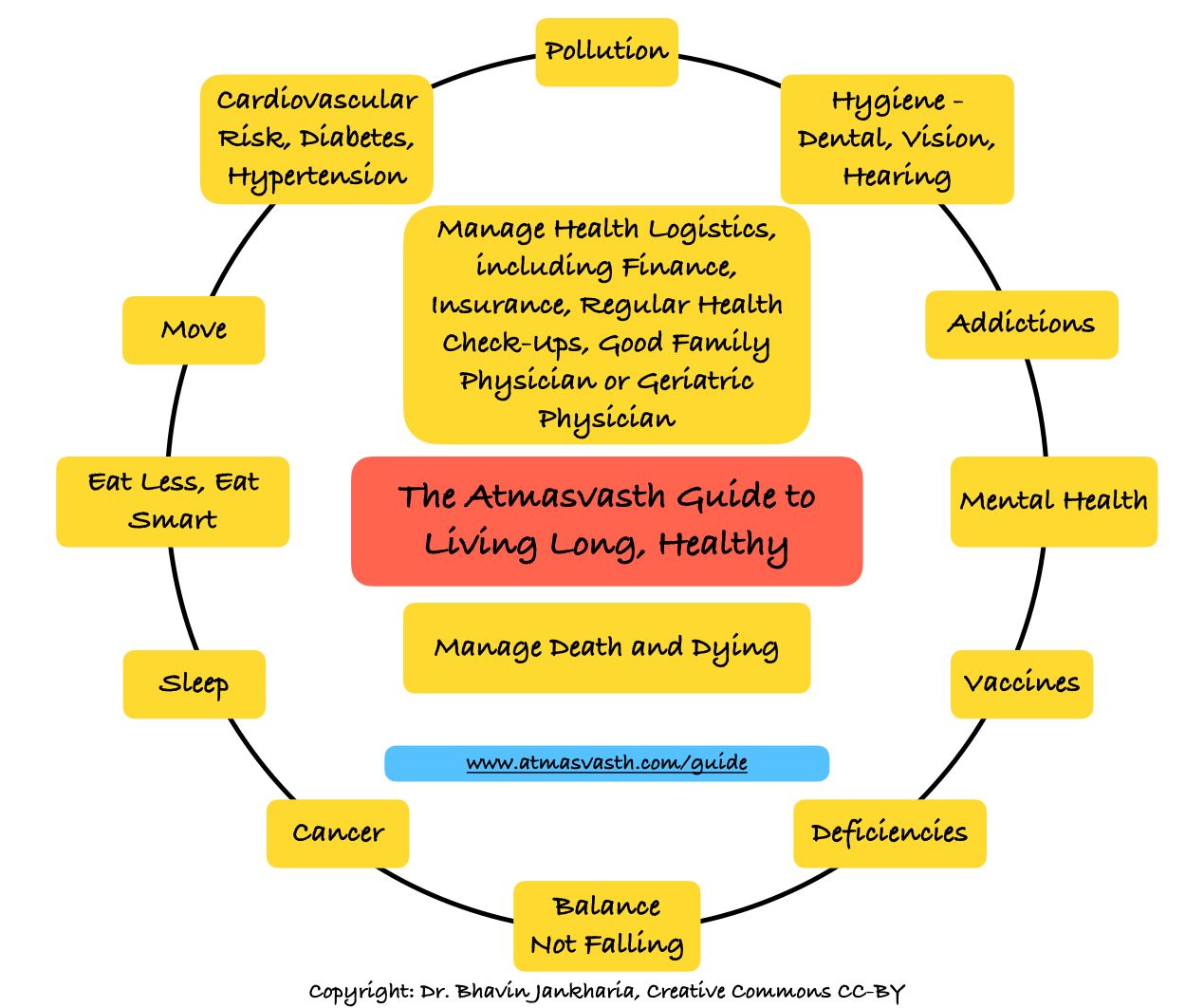
Audio
Text
Healthcare costs in India are spiraling out of control, affecting even the affluent 10-15% of the population. Diagnostic tests, medicines, and surgical procedures have become increasingly expensive while corporate providers, focused primarily on shareholder returns, maximize billing at every opportunity and insurance companies frequently delay or deny claims to increase profits.
This 18-point guide offers strategies for middle and upper-middle-class and even rich Indians to reduce healthcare expenses without compromising quality care.
Prevention and Early Detection
- Prevention is your best defense. What you spend on prevention, will be far less than the costs you incur, if and when you fall sick. Follow the 15-point atmasvasth guide to live long, healthy.
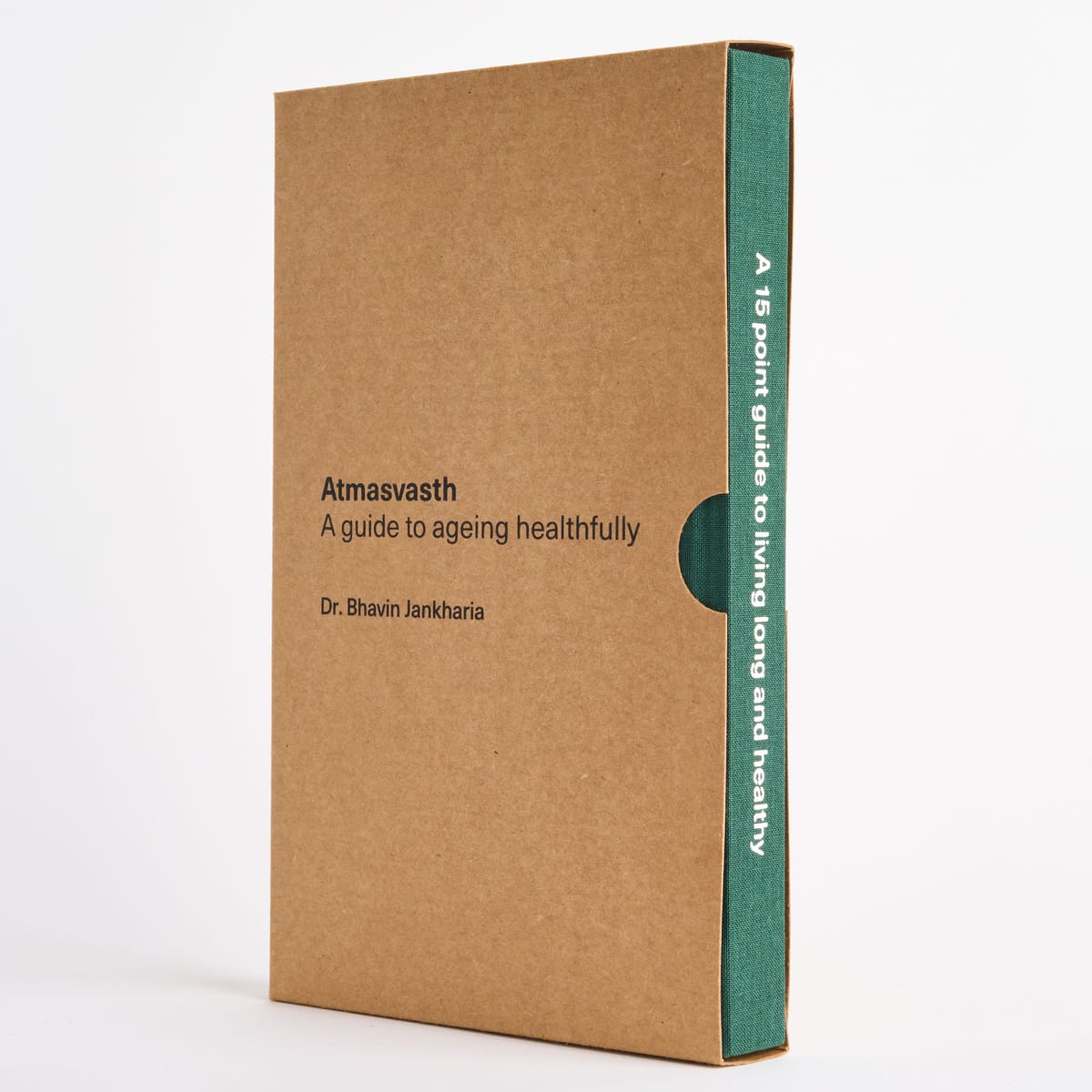
- Get targeted health check-ups where early detection improves outcomes, but...
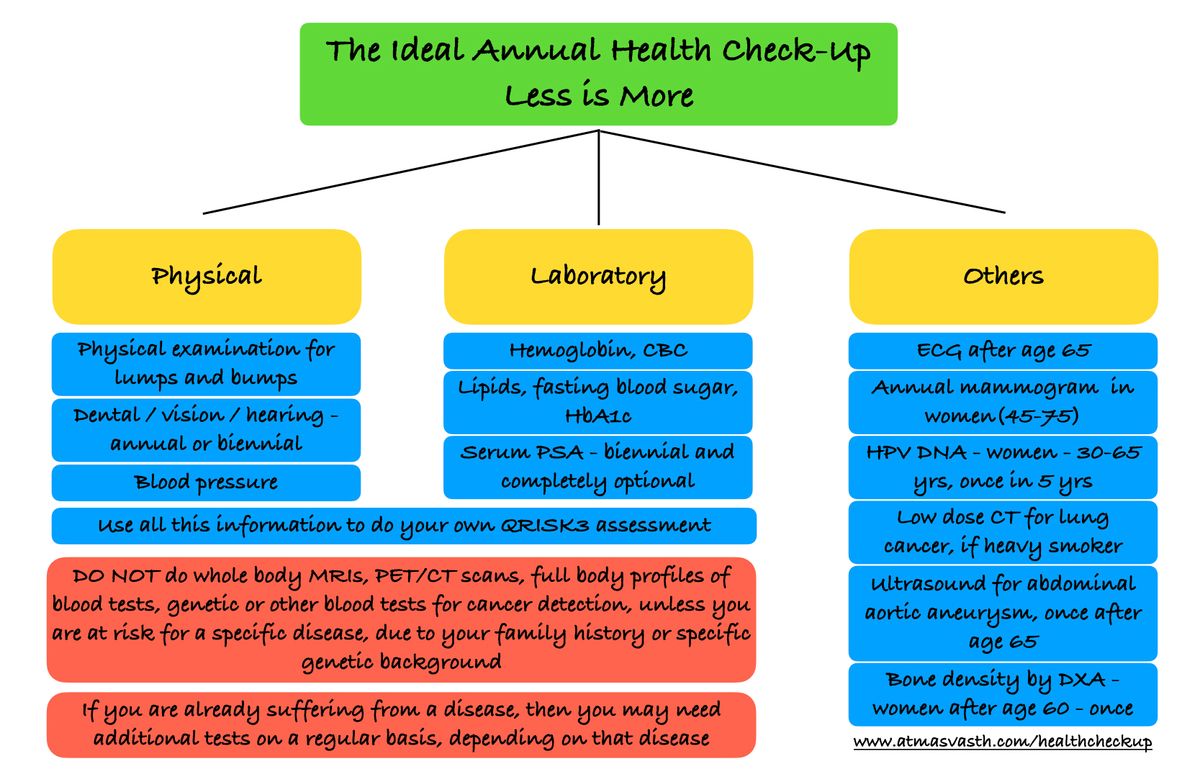
- Avoid unnecessary testing, such as MRI for frozen shoulder and serum PSA screening above age 70, to prevent going down the rabbit hole of unnecessary diagnoses and treatments.
Insurance and Financial Planning
- Invest in the best insurance you can afford, working with a reliable agent rather than online aggregators. A good agent is invaluable when navigating claims during illness.
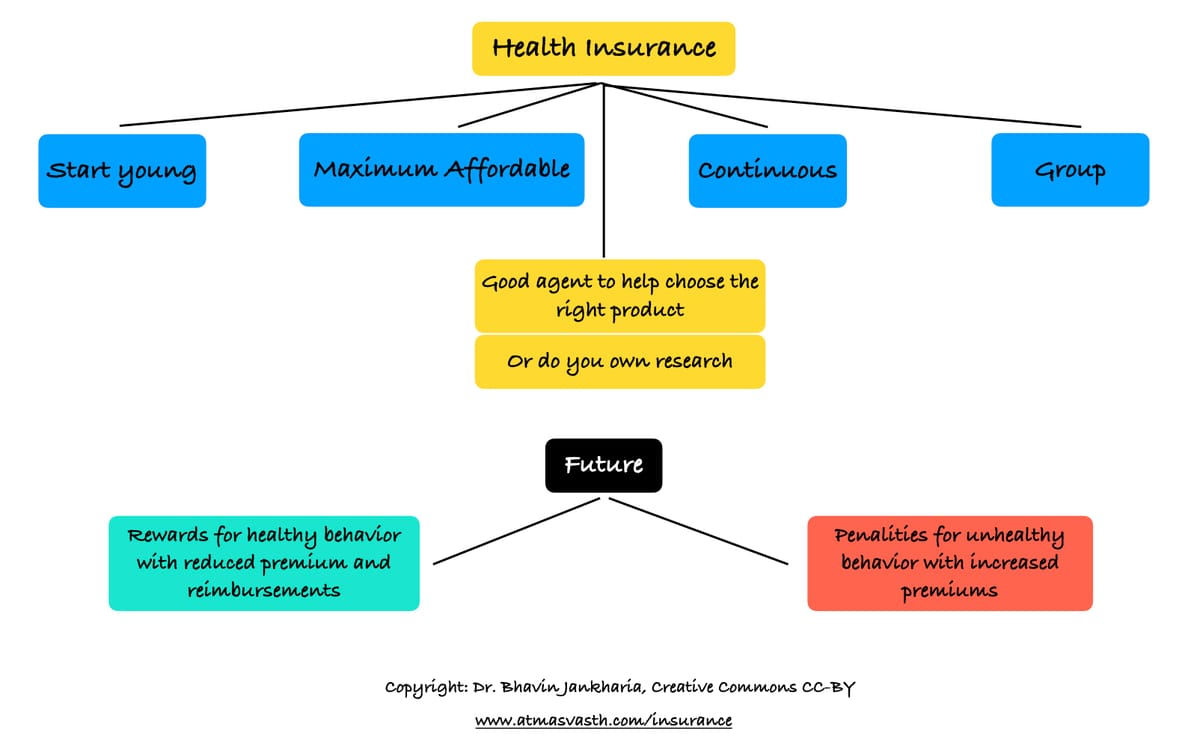
- Build an emergency medical fund beyond your insurance coverage for unexpected expenses.
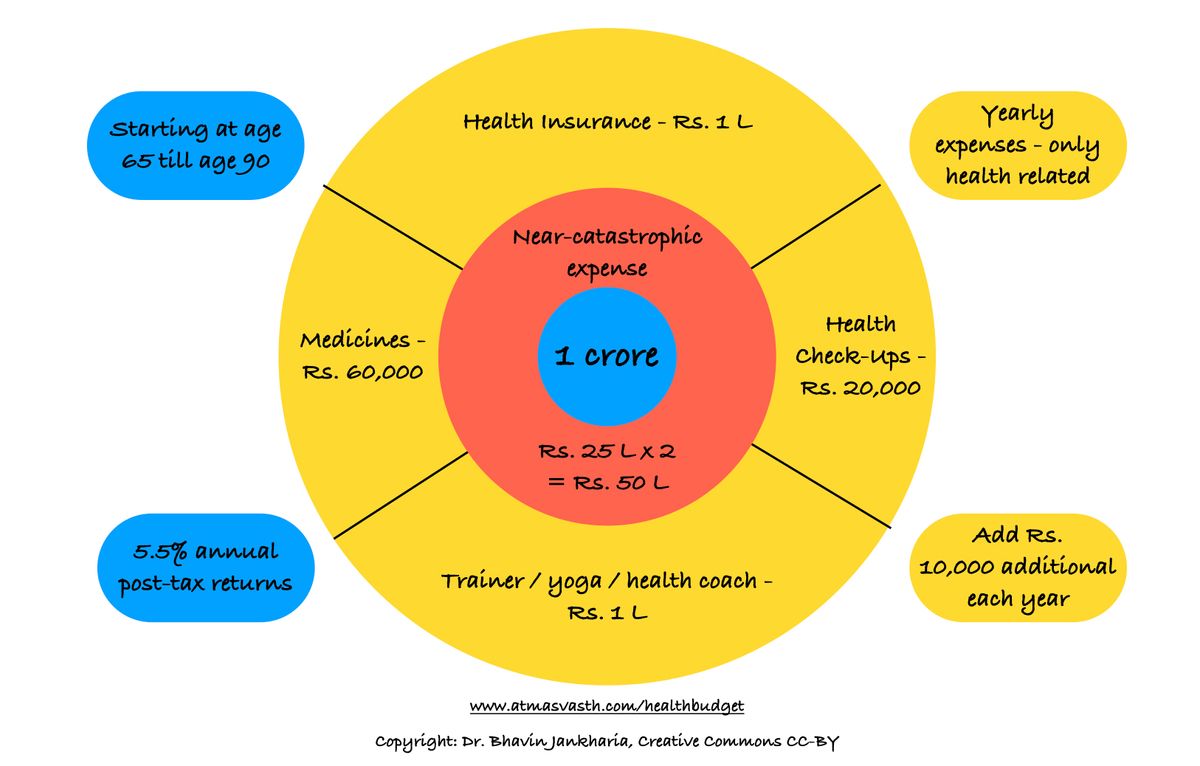
6. Keep meticulous records of everything.
- Medical reports and prescriptions
- Digital soft copies of scans and imaging
- Bills and insurance documents
This documentation prevents repeat tests, supports insurance claims, and enables better medical opinions.
Building Your Healthcare Network
- Cultivate relationships with trusted doctors who can guide you. Involve them from the beginning.
- Use this network to find the best specialists for second or third opinions, especially for complex conditions or expensive treatments.
Making Informed Decisions
- Don’t rush into tests and treatment. For acute heart attacks, strokes, accidents, etc., speed matters. For other conditions, take your time to find the best options.
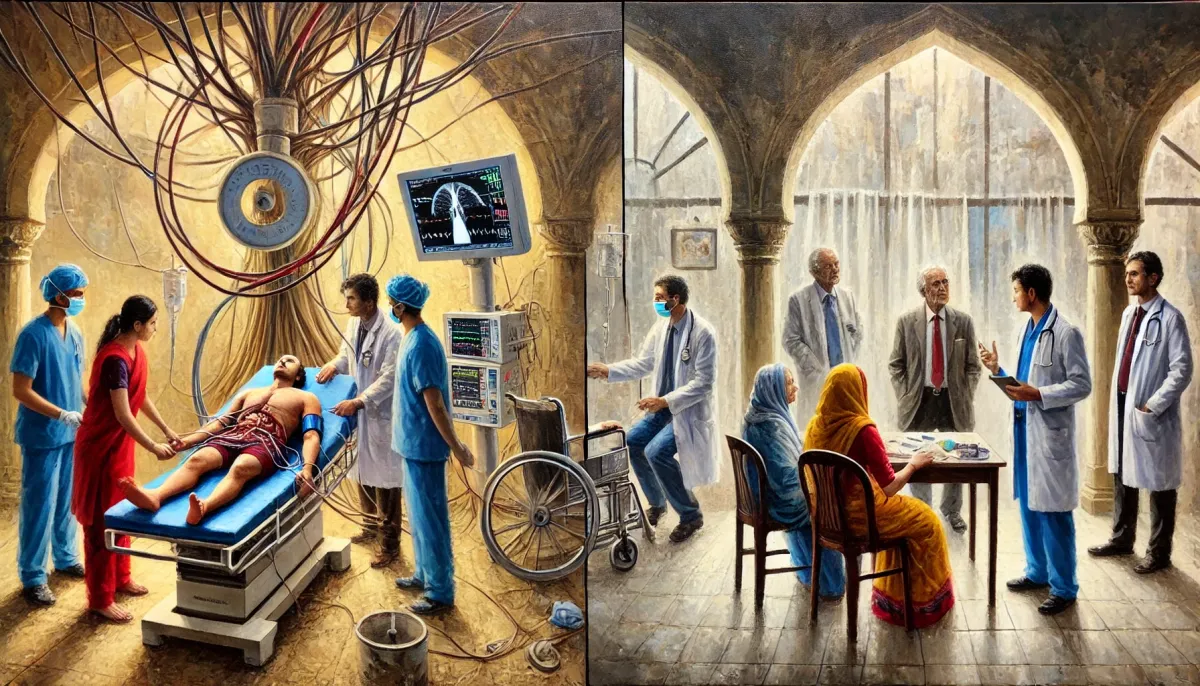
- Avoid self-diagnosis through internet searches. However, once professionally diagnosed, educate yourself about your condition through reliable sources like PubMed or ChatGPT. This knowledge will help you converse productively with your doctors, e.g., questioning the need for a bypass surgery if diagnosed with bad blocks in all arteries on a cardiac CT angiography despite no symptoms and a normal stress test.
- During each consultation, ask these questions without hesitation. Prepare them in advance and document the answers.
- Is this test/procedure necessary right now?
- What happens if we wait and watch?
- Are there alternative treatments?
- What are the success rates and potential complications?
- What will the total cost be, including all fees?
Choosing Healthcare Settings Wisely
- When appropriate, consider homecare. It's often cheaper for non-surgical conditions that don't require hospital procedures.
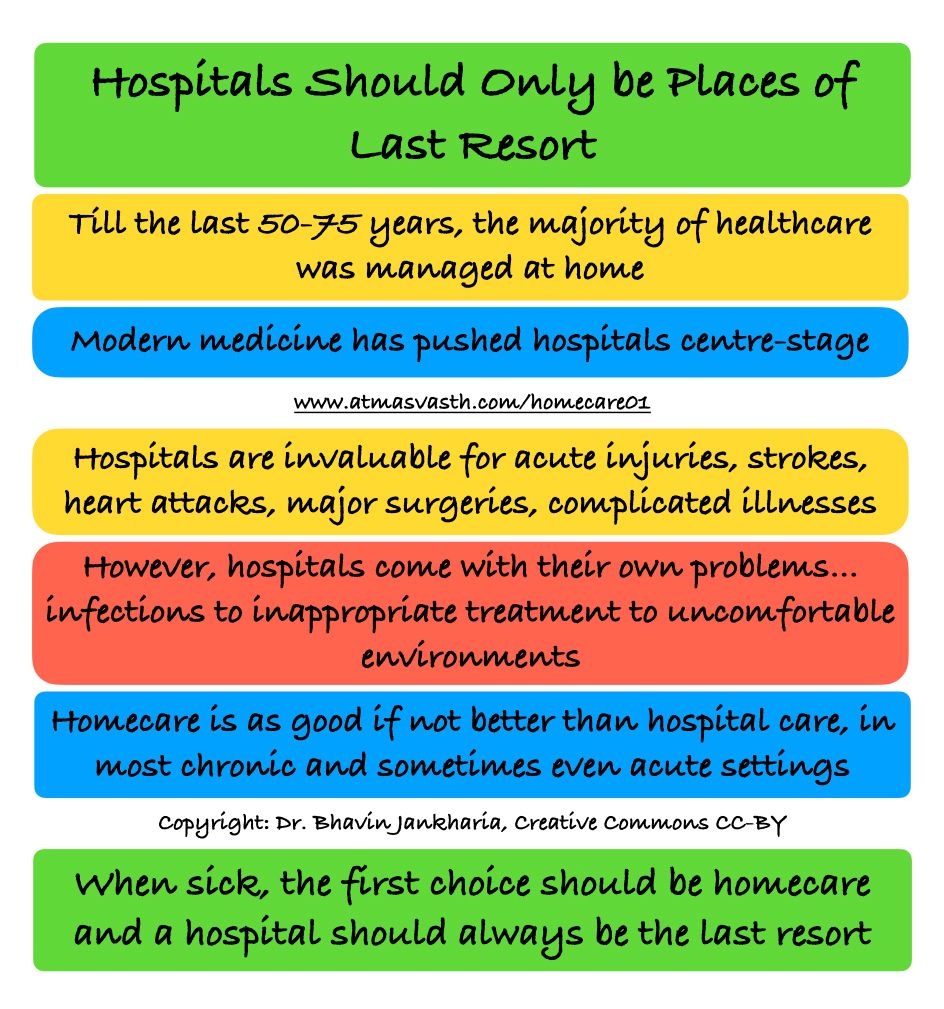
- Select healthcare facilities/doctors strategically:
- Choose hospitals with necessary equipment for your condition. For example, if you’re having a stroke, don’t go to a hospital without a CT scan and MRI.
- All things being equal, prefer trust or charitable hospitals over corporate ones.
- All things being equal, for specialized procedures, choose a specialty hospital/centre (even if corporate) over a large hospital (even if trust).
- Be cautious of "healthcare shopping."
- Comparing prices may work for standard procedures like cataract surgery.
- For complex conditions, you need to rely on trusted referrals.
- Be wary of diagnostic centres advertising drastically reduced rates (like MRI scans at 1/4th the usual cost). They often cut corners, leading to incorrect diagnoses and higher long-term costs.
- Avoid online aggregators who offer lists of doctors and diagnostic centres to choose from - you will have no way to know who is the right person for you.
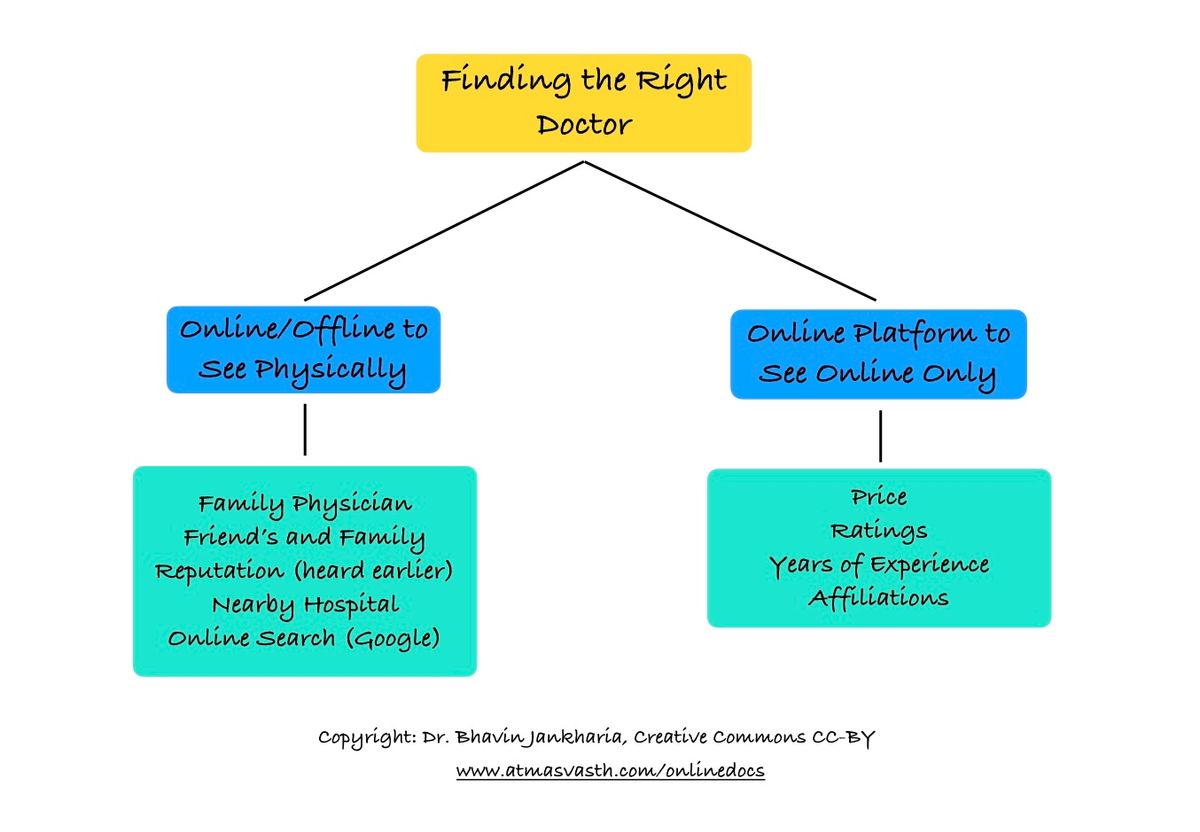
- Choose hospital rooms based on your budget, not ego and social pressure, and get written cost estimates. A lot of in-hospital pricing is directly related to the category of the room you are in and this can easily cascade into a huge amount (e.g. an MRI that costs Rs. 10,000 as an out-patient could be billed for Rs. 50,000 if you are in the highest category room).
- Beware of hospitals that routinely dismiss previous test results without justification, forcing you to undergo unnecessary repeat testing and increasing costs. Avoid facilities that consistently show this pattern.
Managing Medicine Costs
- Manage long-term medicine costs by making good brand choices and avoid generics in India.

- Be cautious about alternative, unproven treatments advertised as “natural” or “non-allopathic.” They often contain steroids and heavy metals or are completely useless, and are also often expensive with long-term costs if the disease advances or if complications arise.
Healthcare costs will keep rising due to advancing technology, expensive new drugs, corporate healthcare expansion, and insurance practices. Your best defense is a combination of:
- Maximum affordable insurance coverage and money saved aside for unforeseen expenses
- A network of trusted medical advisors
- Informed questioning of treatments and procedures
- Thorough documentation using available tools.
Thanks to Drs. Ravi Ramakantan, Anand Parihar, Bijal Jankharia, and Akshay Baheti for their inputs.
Atmasvasth Newsletter
Join the newsletter to receive the latest updates in your inbox.











